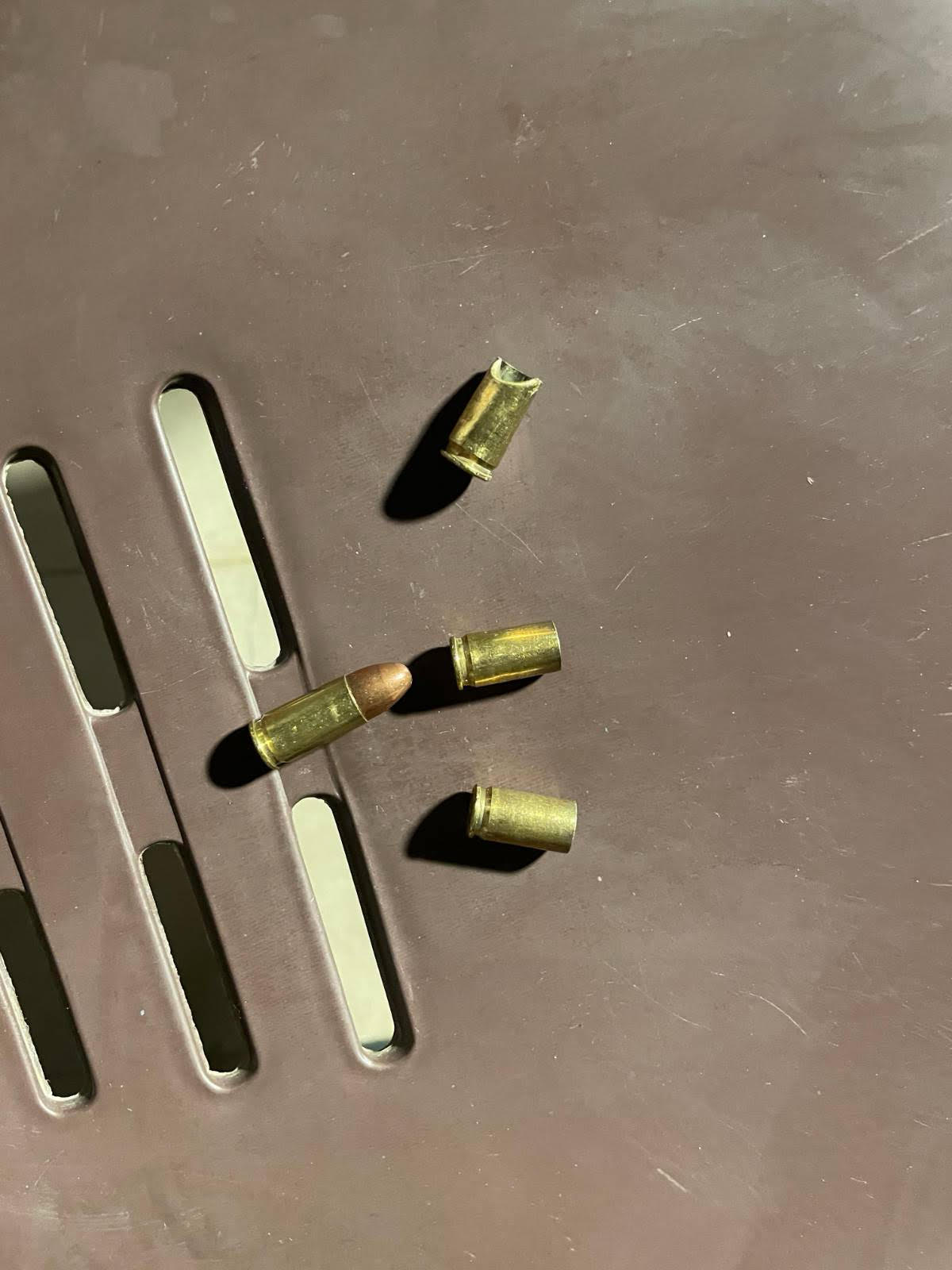Over 100 journalists and media workers, according to Pakistan Federal Union of Journalists, have been killed in Pakistan in the new millennium at an average of one a month after 2007. Over 2,000 have been kidnapped, tortured, injured, arrested, detained and or intimidated in the same period. No other country has a worse record for this period. While the conflict conditions in which they work are well documented, little is known about the lives of Pakistani journalists, their everyday pressures and threats, and how they cope with them. A new book by media analyst and chronicler Adnan Rehmat, “Reporting Under Threat,” brings to light for the first time the true stories of dozens of Pakistani journalists, including editors, reporters, camerapersons and photographers. Freedom Network will be serializing these breathtaking stories on this website.
The first of the testimonials is about Express Tribune newspaper which has resorted to self-censorship after three attacks, including killing of three staffers in Karachi this January, on offices of Express Media group.
——————————————————————————————————————-
Carrying on editing in the face of coercion
Kamal Siddiqi
Editor, Express Tribune
The office and staff of Express Tribune and its allied media enterprises were attacked at least three times between the fall of 2013 and the spring of 2014. The attacks were meant to hurt both our staff and our work. A security guard paralyzed from the waist down and three staffers killed in cold blood are a reminder for me – from the vantage point of a working journalist as editor of Express Tribune – that our world of journalism in Pakistan has been turned upside down. From government censorship, we have now moved to self-censorship. We are wary of what goes into print or on our website, one of the most popular news websites from Pakistan.
My staff asks me – what next? Some have said that their families don’t want them to continue working in this paper. My answer: I don’t know what’s next. But I will continue to work with my team and bring out the best paper in Pakistan where we will try and report honestly and without bias. That is how we should respond to threats and intimidation. As far as quitting the newspaper because of the ongoing threats is concerned, my answer is simple – how long will you run? Today it is the Express, tomorrow it may be another media house (which certainly seems the case as other media houses have also been attacked after ours). Today it is us journalists that are under attack. Tomorrow it may be another profession. We must weather the storm.
Fear is not a good feeling. I worry for my colleagues, especially when the reporters are out in the field. The district correspondents are even more exposed, sitting in places where there is no support system. I think about the staff in Peshawar in Khyber Pakhtunkhwa, which is as dangerous a place as Karachi, the country’s largest city. Reporters in the country’s second largest city Lahore, also a major media center, have also received threats for stories they did about religious minorities. There is no logic that is followed. It can be anywhere.
The government seems to sit idle. They have not found out who conducted the first attack on our media house, let alone the third one. The response time of the police each time our office was attacked was painfully slow. Hearing shots and blasts, there was a feeling of helplessness and vulnerability. We can only write. In all this, our work suffers. We are rattled. We think twice before doing stories that are in the public interest. We are comfortable taking statements instead. Statement journalism is the bane of the Pakistani media. And we have to be careful not to fall in the same trap. So we wait. And we plan. And we pray for the day when we can write freely again. And that is the honest truth.
———————————————————————————————————-
Note: This entry is reproduced from “Reporting Under Threat,” a book published in 2014 by media analyst Adnan Rehmat, which includes testimonies from about 60 journalists in Pakistan as a representative sample of the 18,000 journalists in the country who put their lives in danger on a daily basis to bring us news and keep us informed. The book is an attempt to inform the world about their secret, grim lives. Unwept and unsung, these are the true-life stories of our story-tellers. The book seeks to help change public perceptions about Pakistani journalists who are often blamed for the shortcomings of media houses and their policies without realizing the astonishing risks they assume and the extraordinary courage they employ to defend freedom of expression and right to information. The author can be reached at adrehmat@gmail.com
—————————————————————————————————————-
Photo credit: Google Images
The True Stories of Pakistani Journalists Combating Impunity
- March 24, 2014
- 7:29 am
- One Comment
More from the News section
July 26, 2023
No Comments
June 20, 2023
2 Comments
March 21, 2023
No Comments
August 30, 2022
No Comments
August 30, 2022
No Comments
Resize text-+=

as someone who moved from working under direct censorship in the early 80s to self-censorship (demanded by the military regime), I found the latter much more difficult. Kamal’s account is honest & disturbing; captures the dilemma for editors today.
Leave a comment